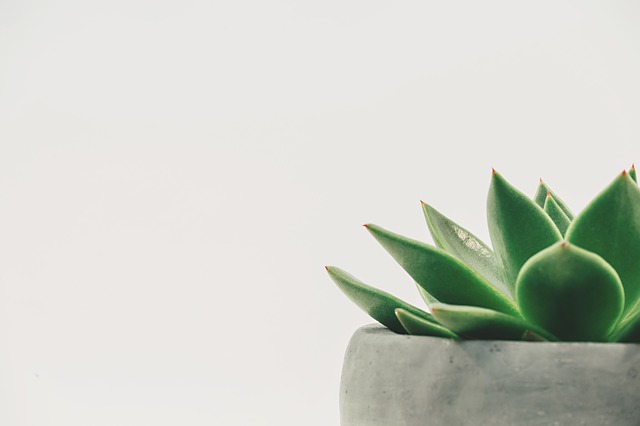CAIRO – 15 October 2018: Egypt seeks to treat wastewater with the help of modern technology to reuse it in agriculture and make it a part of Egypt’s water system, Prime Minister Mostafa Mabouly said on Sunday, Oct. 14.
Egyptian Water and Wastewater Regulatory Agency’s Chief Executive, Mohamed Hassan Mustafa, said that the agency works on monitoring the drinking water quality through collecting samples from discharge stations, and raising the efficiency of wastewater treatment stations.
In the same context, Sayed Ismail, deputy head of Project Management Unit (PMU), remarked that the national program for sustainable sanitation services aims to provide sanitation services to citizens, raise the efficiency of wastewater and sanitation companies, and nationally promote institutional mechanisms to provide efficient and sustainable drinking water and sanitation services.
In the past few days, some farmers voiced their concerns over water shortage in the irrigation canals in Delta and Upper Egypt as it can damage their crops, amid the water scarcity crisis the country is suffering from.
Farmers complained about water shortage in their new agricultural startups. In Wadi al-Noqra village, in Aswan’s Nasr al-Nuba city, a group of youth demanded getting the water needed for cultivating their lands, reported “Al-Gedaan talk” show on Al-Kahera wal Nas TV channel. They get water only every two weeks.
Egypt suffers from an annual 21 billion cubic meters gap between water consumption and production. The consumption reached 110 billion cubic meters, while Egypt currently has 60 million cubic meters annually.
The country imports a total of 34 billion cubic meters of water annually in food products to achieve food security.
It is expected that the water share per capita would drop to 500 cubic meters annually by 2025 amid the rapid deterioration of water and underground water quality.
Egypt’s water share per capita declined by 60 percent since 1970, reaching 663 cubic meters, in accordance with the 2014 report issued by the state-owned Central Agency for Public Mobilization and Statistics (CAPMAS).
Hence, Egypt will build the largest sewage water treatment plant to face water shortage that could affect around 0.5 million people in Sinai.
The plant, which will treat sewage and agricultural wastewater of the longest drain (Bahr al-Baqar 1 drain), will be inaugurated after two years in the east of Suez Canal, said Minister of Water resources and Irrigation Mohamed Abdel Atti in a round-table held with Egypt Today in July.
Additional Report by Samar Samirز

